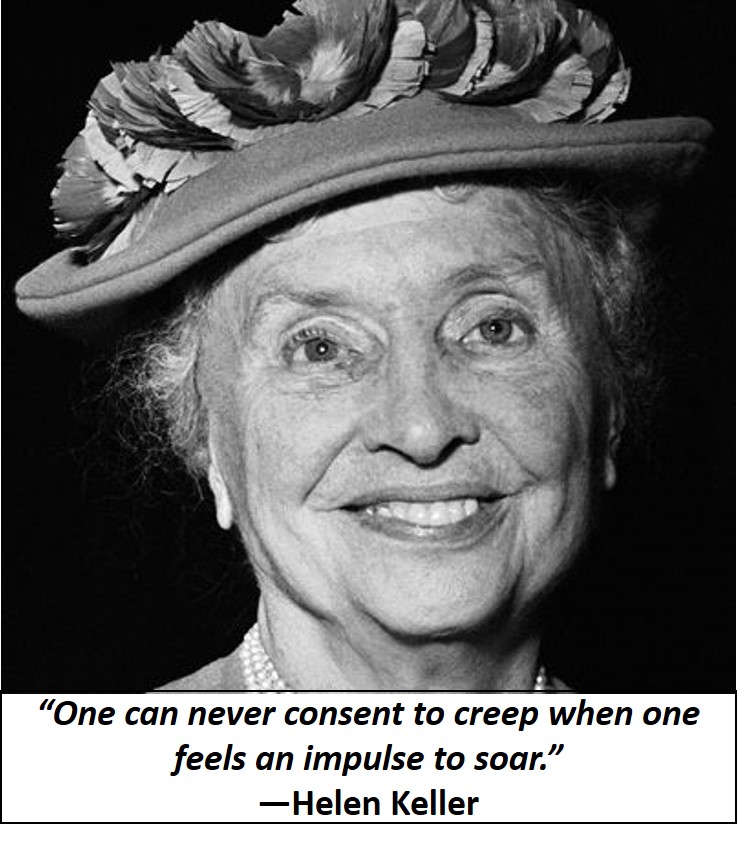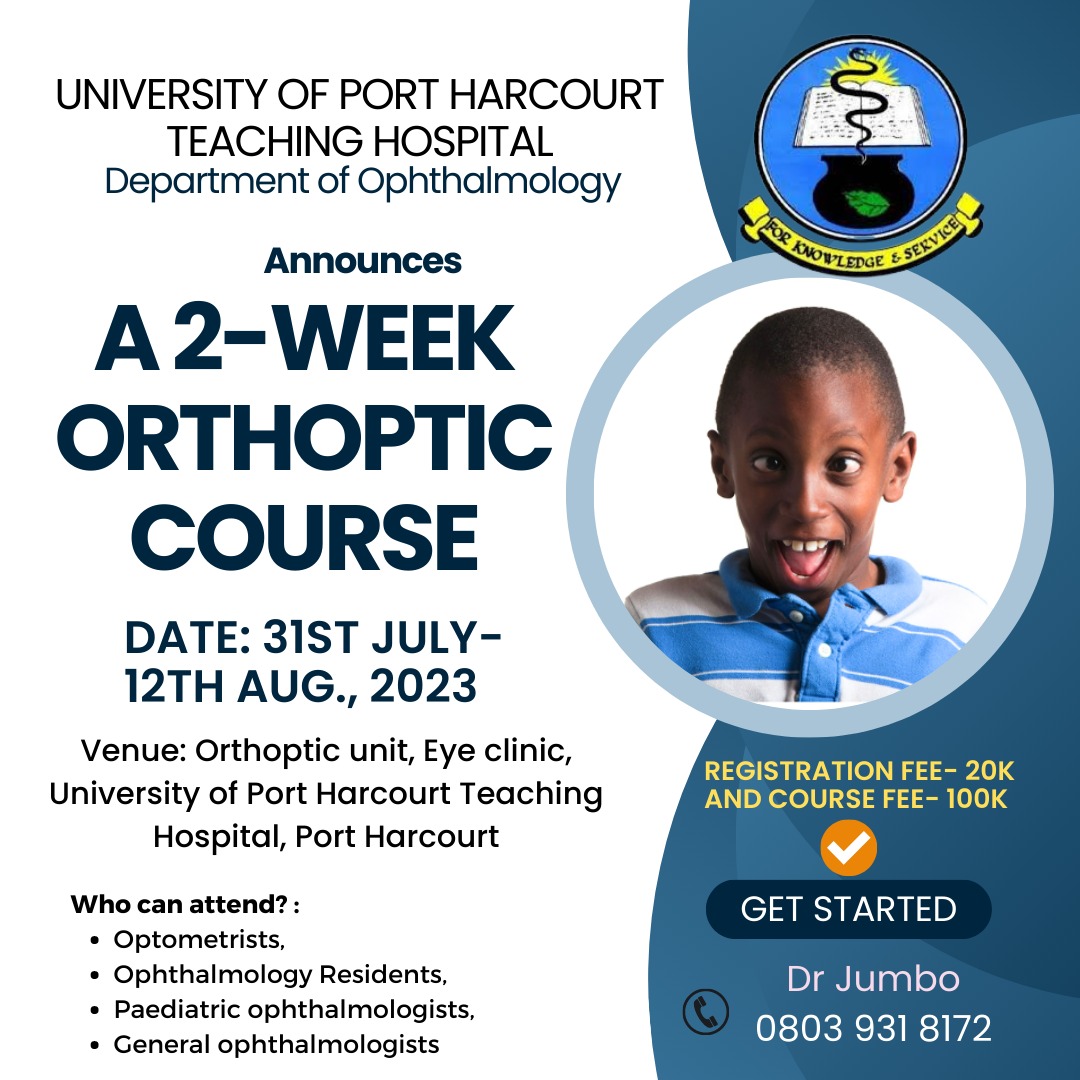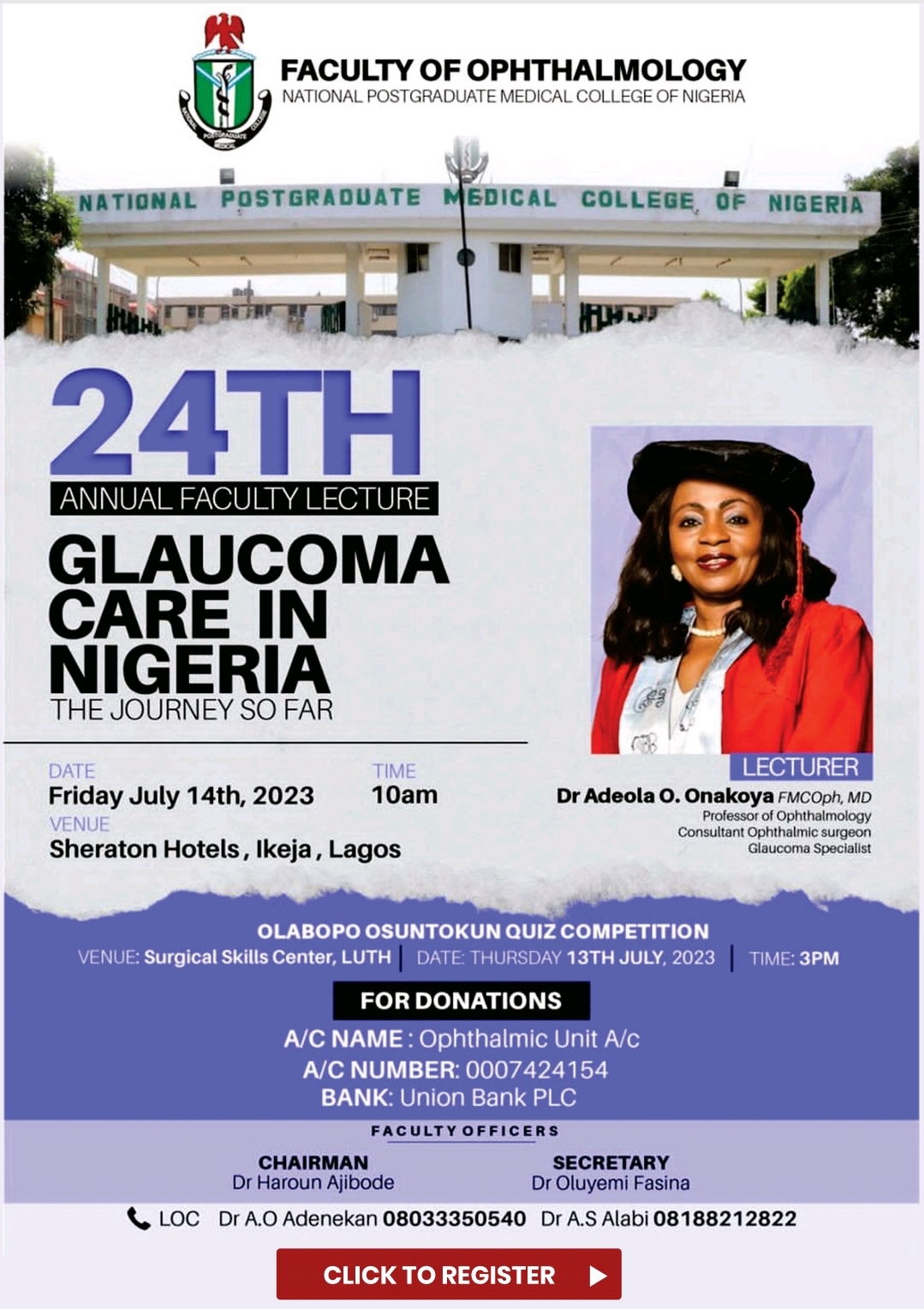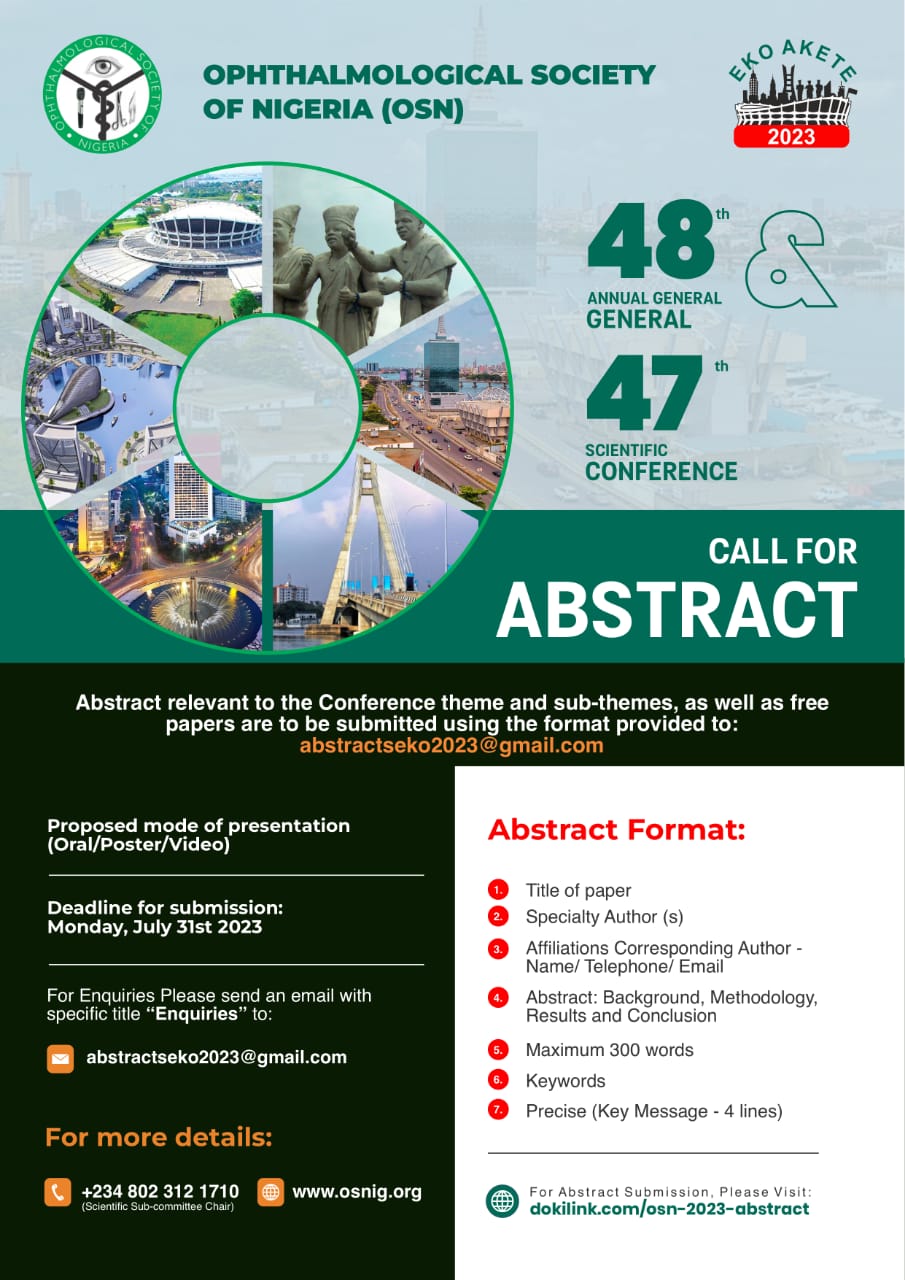"The mystery of language was revealed to me. I knew then that "w-a-t-e-r" meant the wonderful cool something that was flowing over my hand. That living word awakened my soul, gave it light, hope, joy, set it free"
- Helen Keller

About Helen Keller
On June 27, 1880, a little girl, Helen, was born in Tuscumbia, Alabama. As fate would have it, she suffered from a febrile illness which left her both deaf and blind just before her 2nd birthday. This could have been the end of the road for Helen, but her parents refused to give up. In their search for a solution, they met Anne Sullivan, who would become Helen's personal tutor and close companion for the next 49 years.
Under Anne's guidance, Helen learnt various methods of communication such as finger-spelling, touch-lip reading, Braille and typing, and how to speak. She went on to become an author, a social and political activist and one of the most influential women of her time. She was the first deaf-blind person to earn a bachelor of arts degree and co-founder of Helen Keller International.
What does it mean to be Deaf-Blind?
A Deaf-Blind person has total or some degree of hearing loss and vision loss. It includes people who are born with either or both conditions. It also includes people who were born with normal visual and hearing abilities, but who lose these abilities as a result of aging, injury or illness.
What can cause Deaf-Blindness?
Elderly people are at risk of becoming deaf-blind if they develop hearing impairment in addition to any of the common age-related causes of blindness such as cataract, glaucoma, age-related macular degeneration or diabetic retinopathy (and vice-versa).
People that are born deaf-blind may have any of the following conditions:
- Congenital Rubella Syndrome
- Usher Syndrome
- Norrie's disease
- CHARGE syndrome
- Prematurity
Where can one find resources on Deaf-Blindness?
Helen Keller's achievements in live are proof that we are limited by our disabilities only to the extent to which we regard them as disabilities. Against all odds she overcame hers and her legacy lives on as the world commemorates her life and works this week.
Helpful links and resources on Deaf-Blindness can be found on the following websites:
Helen Keller National Centre for Deaf-Blind Youths and Adults (HKNC)
National Center on Deaf-Blindness
World Federation of the DeafBlind

In the words of Helen
"I am only one, but still I am one. I cannot do everything, but still I can do something; And because I cannot do everything I will not refuse to do the something that I can do".
#DeafBlindAwarenessWeek #DeafBlind




